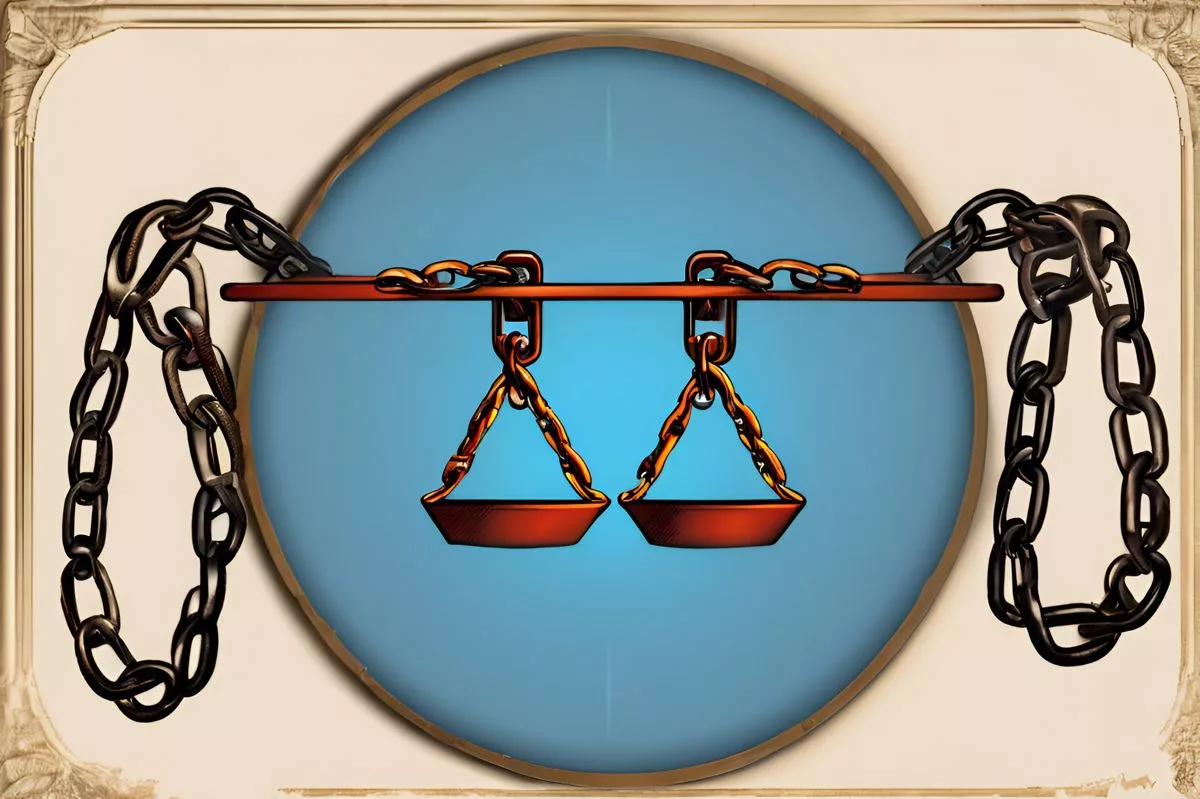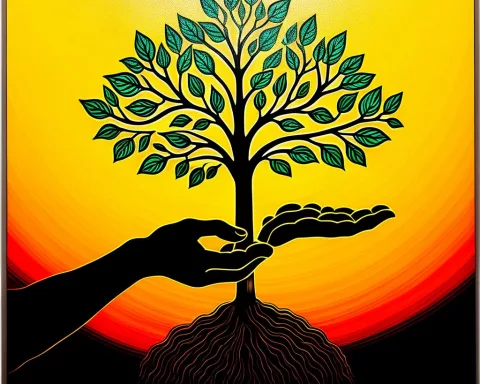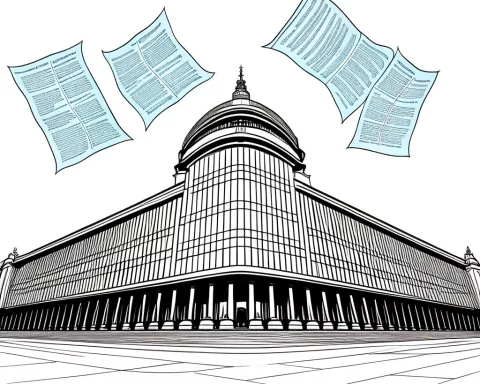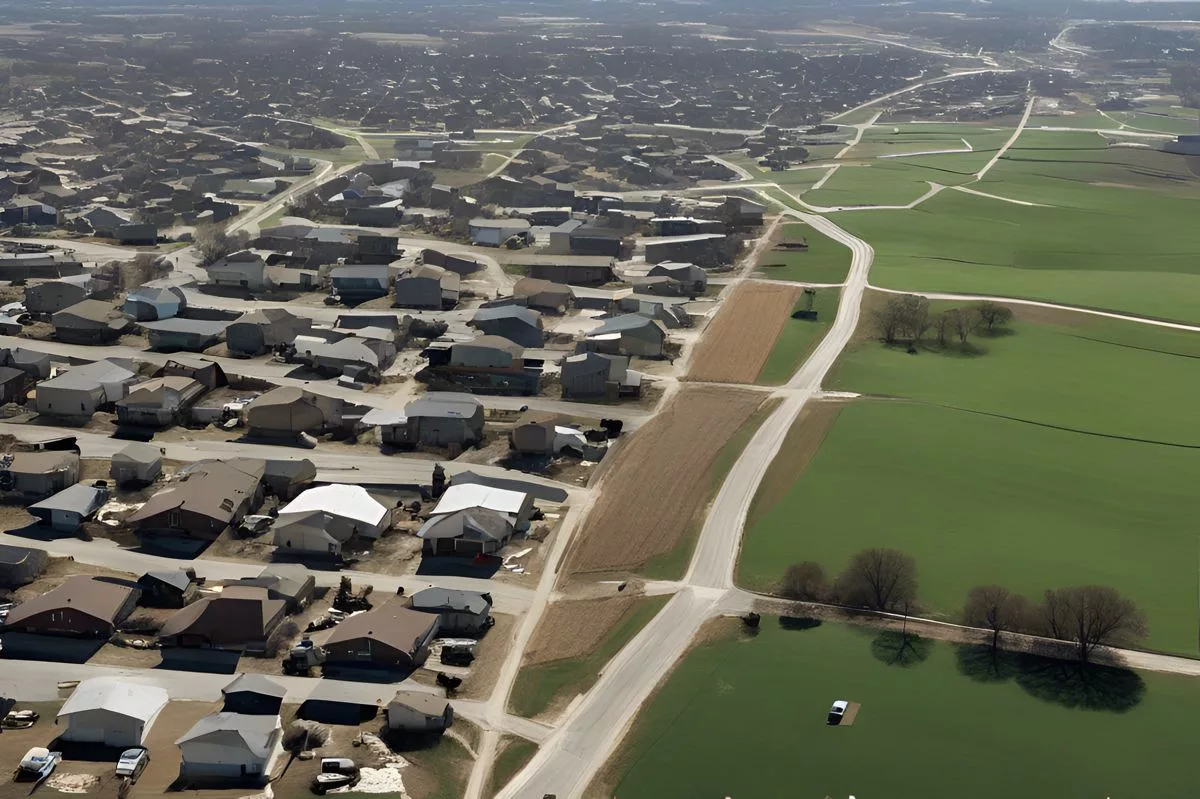In South Africa, the battle over social grants is heating up as many people are getting denied the help they desperately need. The South African Social Security Agency (SASSA) is facing backlash for its strict rules and a rise in grant denials, which some say hurt the most vulnerable citizens. Groups like #PayTheGrants are pushing back, claiming these denials violate people’s rights, and they are taking the fight to court. As the tension grows, the fate of many families hangs in the balance, highlighting a struggle for survival amidst a complex web of policies and economic challenges.
What are the current issues surrounding South Africa’s social grants?
The primary issues include rising grant denial rates, stringent verification methods, and legal challenges highlighting potential violations of constitutional rights. SASSA’s policies, aimed at preventing fraud, are criticized for marginalizing vulnerable individuals who depend on social grants for survival.
In South Africa, the tension between policy, necessity, and constitutional rights comes into sharp focus with the issue of social grants. The South African Social Security Agency (SASSA) has recently found itself at the center of controversy due to a significant rise in grant denial rates. This situation has provoked an outcry from the public and triggered legal challenges. Spearheading the opposition are social justice organizations #PayTheGrants and the Institute for Economic Justice (IEJ), who argue that SASSA’s actions are unconstitutional. Their battle will reach the Pretoria High Court on October 29, 2024, highlighting a crucial conflict between rigid bureaucratic protocols and socio-economic rights.
Rising Denial Rates and Their Implications
The issue gained momentum following SASSA’s announcement of grant increases in October 2024. Initially, the agency reported 17 million Social Relief of Distress (SRD) grant applications within a single month. However, they later clarified that this number represented total applications for the entire year. Despite this clarification, the harsh reality persists: only one-third of applicants receive approval. Current guidelines stipulate that only individuals earning less than R625 per month qualify, a figure that is far below the poverty line. If SASSA were to approve all applications, it would require the Department of Social Development to allocate R6 billion monthly, which exceeds current budgetary constraints.
A significant aspect of the grant approval process is SASSA’s reliance on biometric verification, which integrates with Home Affairs’ databases. The IEJ argues that such stringent verification methods infringe on the constitutional rights of qualified individuals by denying them essential government support. Grant applicants must interact with SASSA online each month to confirm their status, a digital-first approach that critics say marginalizes those lacking internet access or technical skills. The IEJ’s court application seeks to reform the income definition by excluding informal support and to adjust the eligibility threshold to account for inflation.
Defending the System: SASSA’s Perspective
Brenton van Vrede, SASSA’s executive manager, defends the current system, emphasizing the necessity of database verification to prevent fraud. He highlights the risk of “double-dipping,” where individuals receive funds from multiple government sources, threatening the integrity of the grant system. Van Vrede argues that the multi-database verification approach is essential and practical, given the agency’s limited resources. He warns that introducing manual, in-person processes could decrease efficiency and place additional strain on SASSA’s already stretched resources.
From an economic standpoint, Edgar Sishi, the acting director-general for the Treasury, also supports SASSA’s regulations. In a court affidavit, he argues that these measures, rather than violating constitutional rights, actually enhance access to social security within the state’s financial limitations. Sishi cautions that relaxing the current regulations could lead to devastating economic consequences, potentially destabilizing the social welfare system intended to safeguard South Africa’s vulnerable population.
Socio-Economic Context and Historical Parallels
The legal and bureaucratic skirmish over social grants unfolds against a backdrop of broader socio-economic challenges in South Africa. The nation’s long-standing issues of inequality and poverty add layers of complexity to the debate, echoing global struggles to balance fiscal responsibility with social justice. Discussions around SASSA’s grant policies touch on historical themes of economic disparity and social welfare, reminiscent of post-apartheid efforts to address past injustices.
It is crucial to recognize the human stories behind these statistics. Many grant applicants face dire circumstances, relying on social assistance as a lifeline amidst uncertainty. Stories from beneficiaries illustrate resilience in adversity, with lives shaped by the ebb and flow of bureaucratic decisions. The debate over grant denial rates transcends policy, becoming a narrative of survival for countless South Africans.
Global Perspectives and Future Implications
In exploring this issue, it is essential to consider the global context of social welfare systems. The evolution of social safety nets has often mirrored significant historical movements, reflecting societal values. From the New Deal’s response to the Great Depression in the United States to the post-war expansion of welfare states in Europe, social grants have evolved to meet emerging challenges. South Africa’s current situation aligns with these historical patterns, navigating the complex terrain of economic limitations and human rights.
As this legal battle unfolds, its implications extend beyond the courtroom. The outcome could offer a critical reflection on the role of social grants in contemporary society, sparking discussions about the ethical and practical dimensions of social security. While the Pretoria High Court prepares to deliberate, South Africans and observers worldwide await a resolution that could redefine the balance between state resources and individual rights.
A Universal Struggle for Social Justice
In this unfolding narrative, the quest for social justice remains a central theme. The dialogue between SASSA and its critics underscores a universal truth: the pursuit of equity in social welfare is an ongoing journey, marked by challenges and triumphs. Through legal avenues or grassroots advocacy, the voices calling for change echo a timeless struggle for dignity and fairness, resonating across borders and generations. The resolution of this case could significantly impact the future of social grants in South Africa, shaping the country’s approach to socio-economic rights for years to come.
“`markdown
What are the main issues currently affecting South Africa’s social grants?
The main issues include a significant rise in grant denial rates, strict verification processes implemented by the South African Social Security Agency (SASSA), and ongoing legal challenges which raise concerns about potential violations of constitutional rights. Critics argue that these measures disproportionately impact the most vulnerable citizens who rely on social grants for their survival.
Why are people being denied social grants in South Africa?
Grant denials often stem from stringent eligibility requirements, where only individuals earning less than R625 per month qualify for assistance. This threshold is considered inadequate as it falls below the poverty line. Additionally, SASSA’s reliance on biometric verification and the requirement for applicants to confirm their status online each month can marginalize those lacking access to technology or internet capabilities.
What is the role of groups like #PayTheGrants in this situation?
Organizations such as #PayTheGrants are advocating for the rights of those denied social grants, arguing that these denials violate constitutional rights. They are actively pushing back against SASSA’s policies and have taken their case to court, with a significant legal battle set to take place at the Pretoria High Court on October 29, 2024.
How does SASSA justify its current policies regarding social grants?
SASSA defends its policies by emphasizing the need for stringent verification processes to prevent fraud, such as “double-dipping,” where individuals receive funds from multiple sources. SASSA argues that these measures are essential for maintaining the integrity of the grant system, especially given the agency’s limited resources.
What are the potential consequences of relaxing SASSA’s regulations?
According to Edgar Sishi, the acting director-general for the Treasury, relaxing current regulations could lead to severe economic repercussions, potentially destabilizing the social welfare system designed to protect vulnerable populations. The tightening of grant approvals is presented as a necessary measure within the constraints of the state’s financial limitations.
How does the issue of social grants in South Africa connect to broader global contexts?
The debate over social grants in South Africa mirrors global challenges in balancing fiscal responsibility with social justice. Historical parallels can be drawn from various international efforts to develop social safety nets, reflecting societal values and the need to respond to economic disparities. The outcome of the ongoing legal battle could spark important discussions about the role of social grants in contemporary society and the ethical dimensions of social security.
“`












